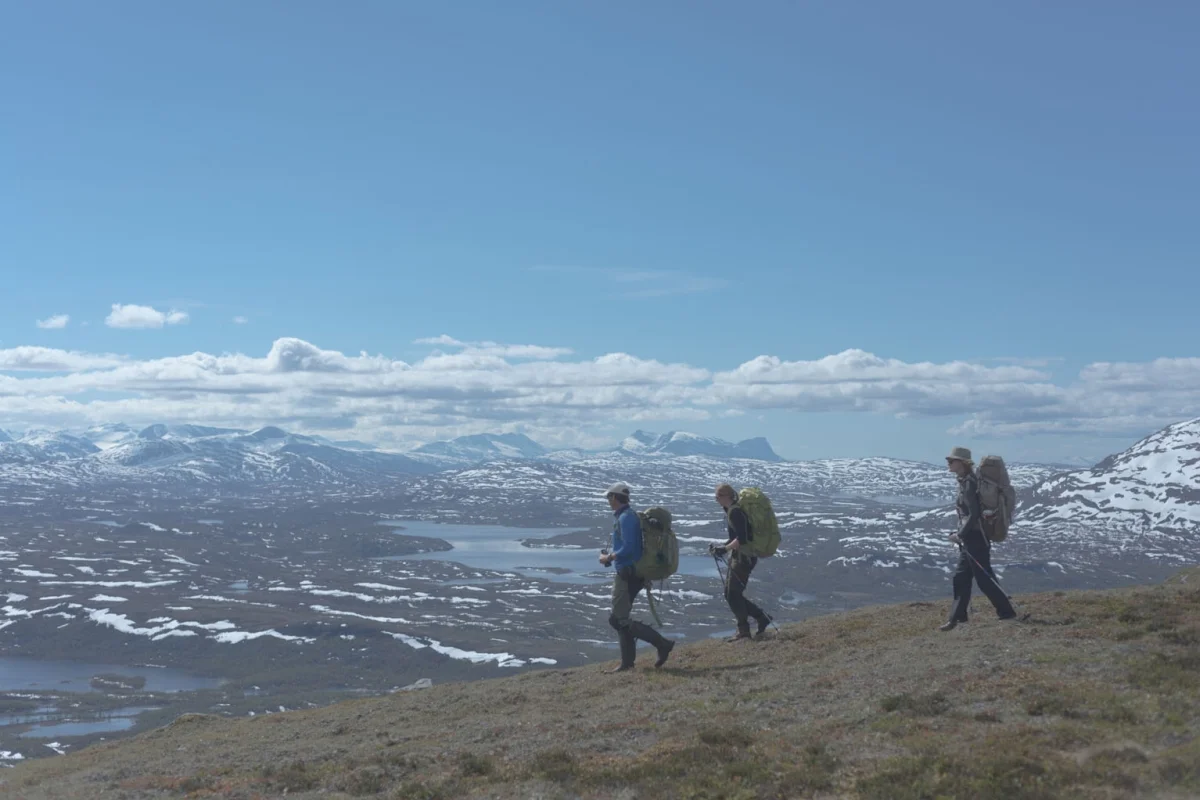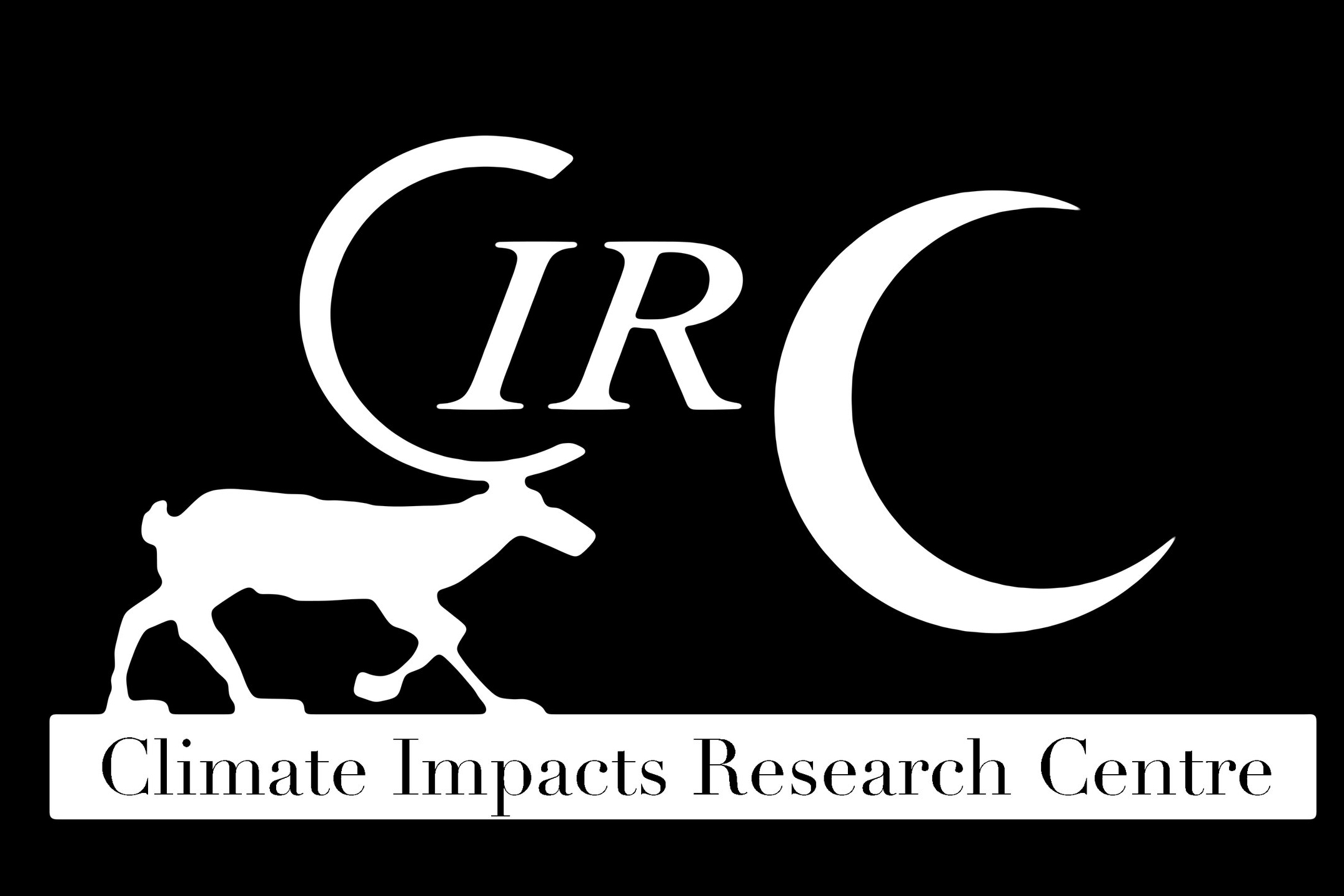The Department of Ecology and Environmental Science, Umeå University, is excited to offer students from across the globe timely and exciting courses for studying Arctic ecosystems over a year.
Communicating Scientific Research (PhD Student Course)
In an increasingly linked and networked world, scientists need to be effective communicators to many different audiences, from grant agencies to scientific peers, public audiences and the media. To communicate science well does not always come naturally, but just like other aspects of scientific work, science communication is a skill that can be learnt and developed. In this PhD level, course students will learn about the common skills that all effective science communicators have identifying and characterizing the target audience, distilling the relevant information to be communicated, effective ways to deliver and receive information, and the variety of techniques and media by which scientific information is communicated.
Arctic Ecosystems Course
The course provides extended knowledge of processes across Arctic and Subarctic terrestrial ecosystems. It provides understanding of how ecosystem processes are regulated by abiotic and biotic factors, such as nutrient availability, the Arctic climate and plant-soil-organism interactions and its relationship to the ecosystem function. Particular focus will be on potential impacts of changes in climate on ecosystem processes and on feedback mechanisms from arctic ecosystems to the climate system. The course provides an overview of how controls and impacts on ecosystem processes depend on temporal and spatial scales. Excursions to various ecosystems and project work are included. The course is given by researchers at the Climate Impacts Research Centre and is located in Abisko, Lapland.
Alpine Ecology
During the course, the plant and animal species of the mountains and their habitat are studied with emphasis on factors and processes that determine the density and distribution of the species. This includes studies of various species adaptations to the mountain environment as well as trophic interactions in terrestrial and aquatic systems. In addition, the climate, bedrock, hydrology and potential effects of climate change are treated. During excursions and field projects theory and identification of species is practiced as well as oral and written presentation.







